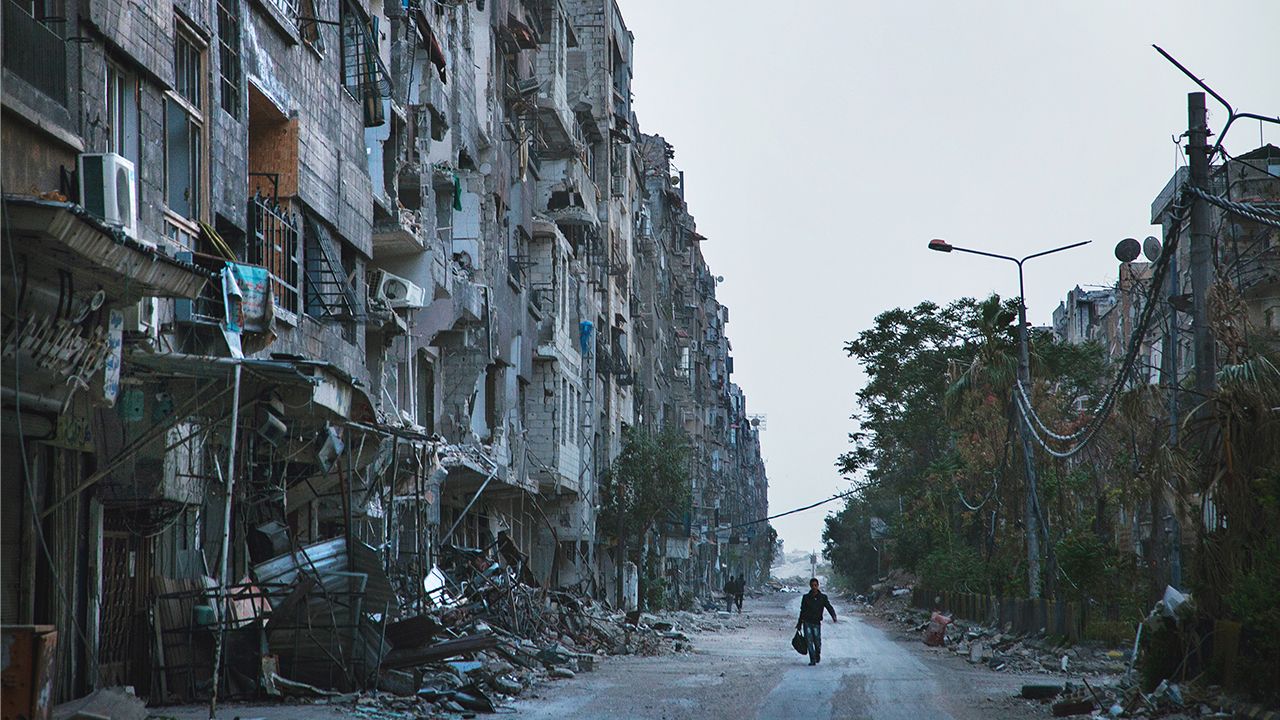THE FORCESof Syria’s president, Bashar al-Assad, struck soon after 2am. Residents of Ghouta, a Damascus suburb, told reporters that they heard a strange noise, as if someone was opening a bottle of Pepsi. A local doctor, fighting back tears, explained that many people had sought shelter underground, but the gas was heavier than air and it pooled in basements and cellars. Had they climbed the stairs instead, they would have lived. More than 1,000 people perished that night. The doctor distributed some 25,000 ampoules of atropine and 7,000 of hydrocortisone to medical teams so they could try to save those who were suffering the effects of nerve agent.
This article appeared in the International section of the print edition under the headline “Investigating America’s lost credibility”
Discover stories from this section and more in the list of contents
Sweden is banning OnlyFans content as the lines around sex work blur
It is meekly welcoming the new sheriff’s vigilante justice
The answer matters more than you think
Donald Trump prefers deals to regime change
After decades of rising secularism, Christianity is holding its ground—and gaining among the young

